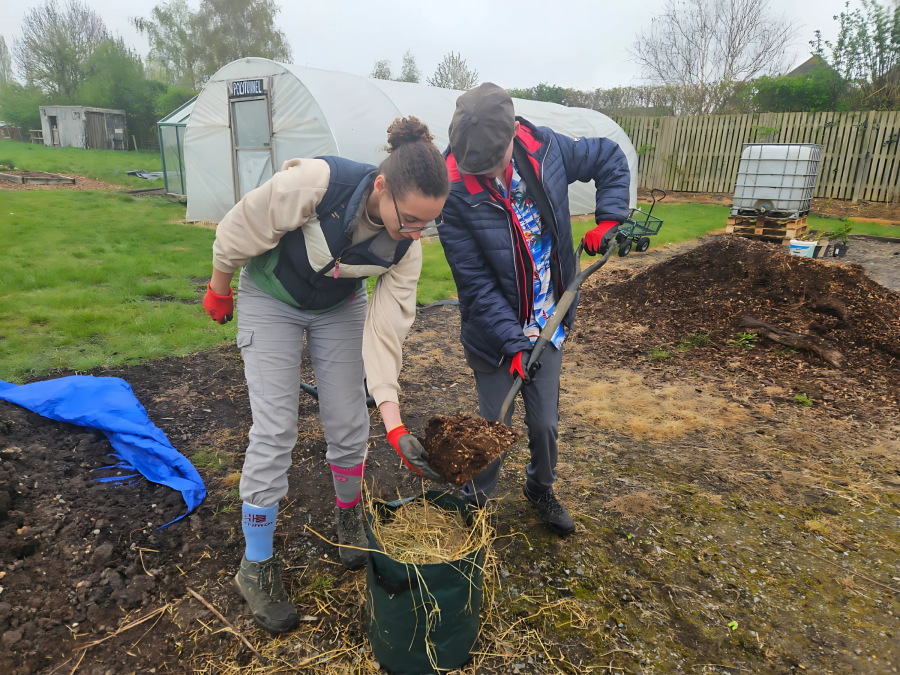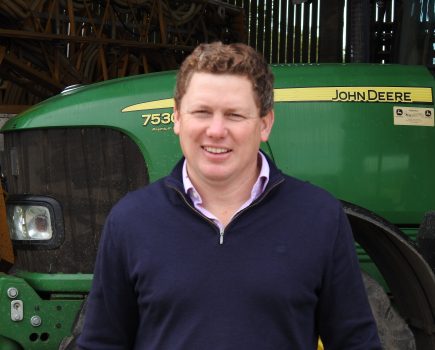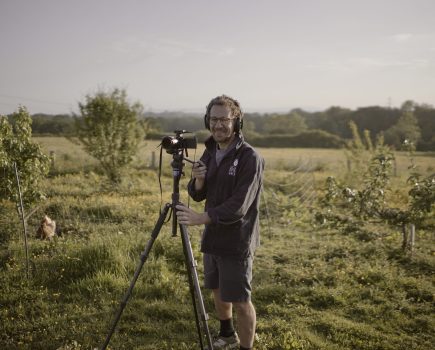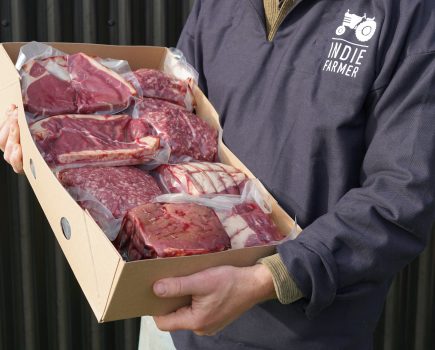A former Buckinghamshire livestock farm is being transformed into a haven for education, community and sustainability in a bid to bridge the gap between agriculture and social care.
Chloe Brown and family are creating a space at The Wilds Farm CIC in Ledburn where individuals, particularly those from disadvantaged or marginalised backgrounds, can reconnect with the land, learn about food production and develop essential life skills.
Chloe, who has a background in teaching young people with special needs, was inspired to combine a passion for education with the family’s farming heritage.
“There’s so much misunderstanding about the realities of farming,” Chloe explained. “We want to dispel those myths, educate people on consumer choices and help them understand the journey from field to fork.”
Set across four acres of land, part of a former 60-acre livestock farm once home to cows, sheep, chickens, ducks, geese and even Mangalica pigs, The Wilds Farm is now focused on small-scale, sustainable horticulture.
“We’re currently in an action-research phase, trialling crops and gathering feedback from students to shape our growing plans for next year,” explained Chloe. “Right now we’ve got potatoes, tomatoes, capsicum, broccoli, kale and cauliflower in the ground. The idea is to let students grow what they like to eat – and learn how it’s produced.”
Accessibility is key to the farm’s mission. Thanks to a family support grant via Kramp’s Cultivate a Generation initiative, Chloe was able to purchase equipment and make site improvements, enabling people with a variety of needs to access the farm.
As the site develops, the idea is that adaptations such as trails and resting spaces will be introduced to accommodate individuals with complex mobility issues, ensuring the farm becomes a welcoming environment for visitors of all abilities.
“The grant enabled us to buy our first accessible horticulture equipment and make repairs to the polytunnel, greenhouse and stables. It was incredible. It was our first grant, and it felt like such an endorsement of what we’re trying to achieve. It reinvigorated me and proved that others value therapeutic farming as much as we do,” said Chloe.
Chloe’s work goes beyond accessibility. Through partnerships with local schools, The Wilds Farm is teaching children about pollination, biodiversity and healthy eating. This February, students from a nearby school were helped to plan and grow their own food on land at the farm.
One of the farm’s core goals is to challenge the stigma around ‘perfect’ food and reduce waste. Chloe hopes to foster an understanding of the value of imperfect produce and encourage people to reuse and repurpose materials safely.
In time, the farm aims to produce food that can be donated to the community and sold through local non-profit organisations, further strengthening the bond between agriculture and social care.
Looking ahead to 2025, Chloe hopes to introduce livestock, starting with sheep, chickens, ducks and pigs, into a small circular system that complements the farm’s horticultural focus.
For Chloe, the Kramp grant not only provided practical support but also reinforced the farm’s mission and prompted this heartfelt comment: “It’s amazing to see a big company like Kramp sharing our values and supporting small, community-focused initiatives.”
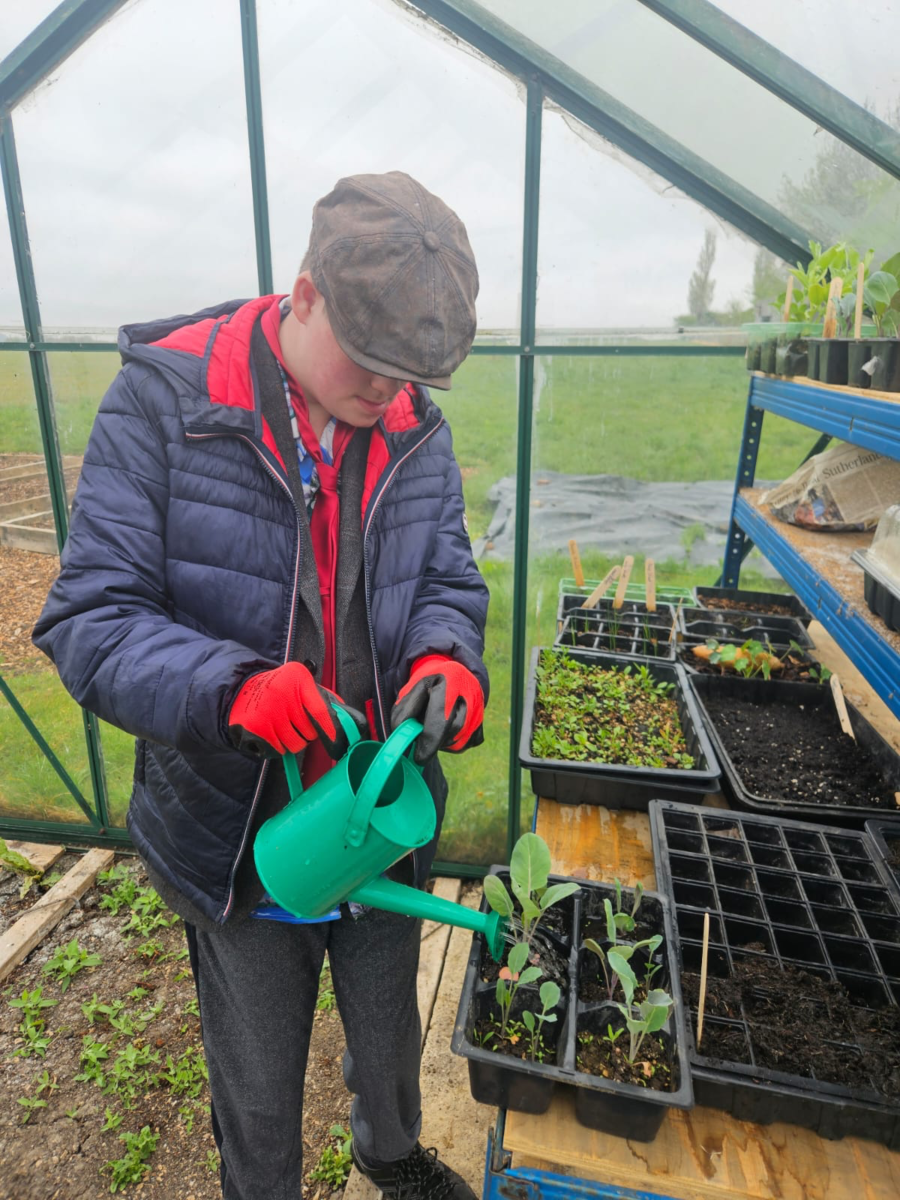
For more like this, sign up for the FREE South East Farmer e-newsletter here and receive all the latest farming news, reviews and insight straight to your inbox.

